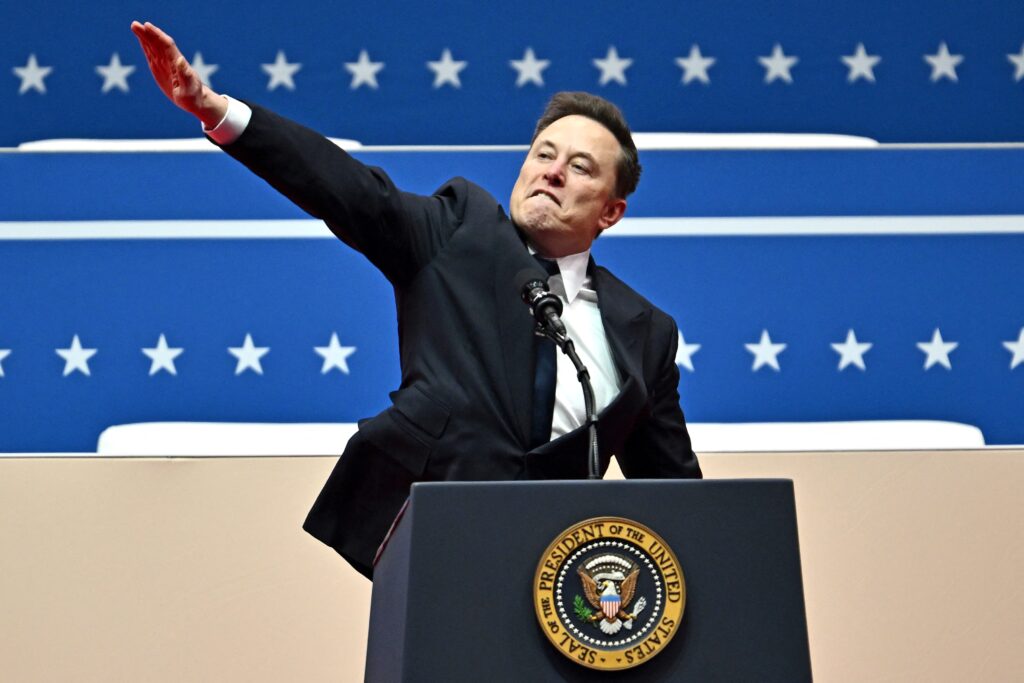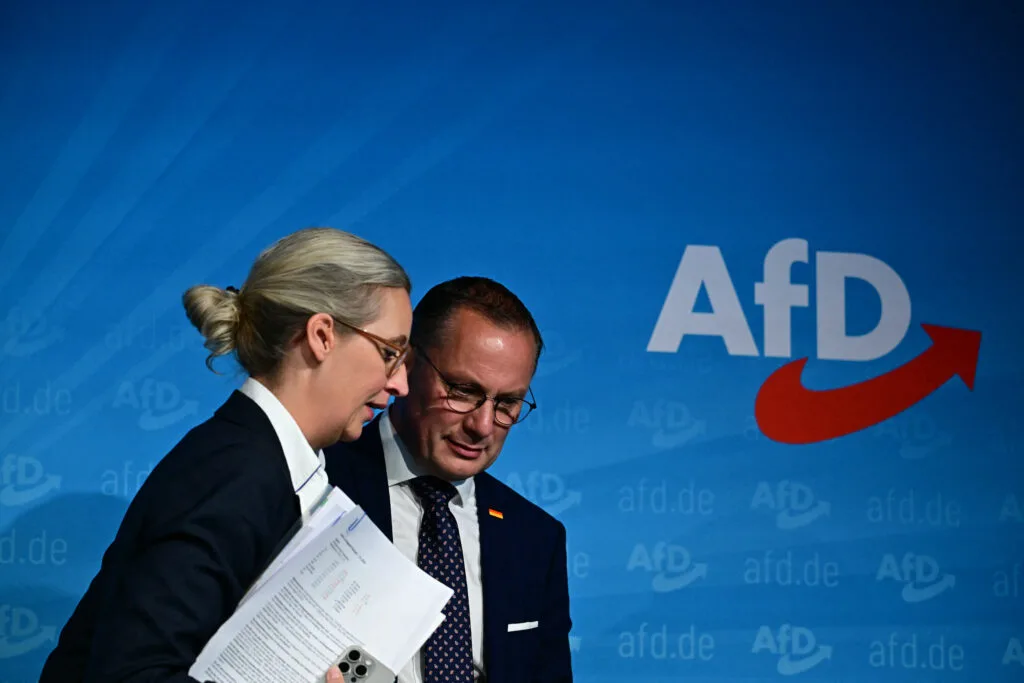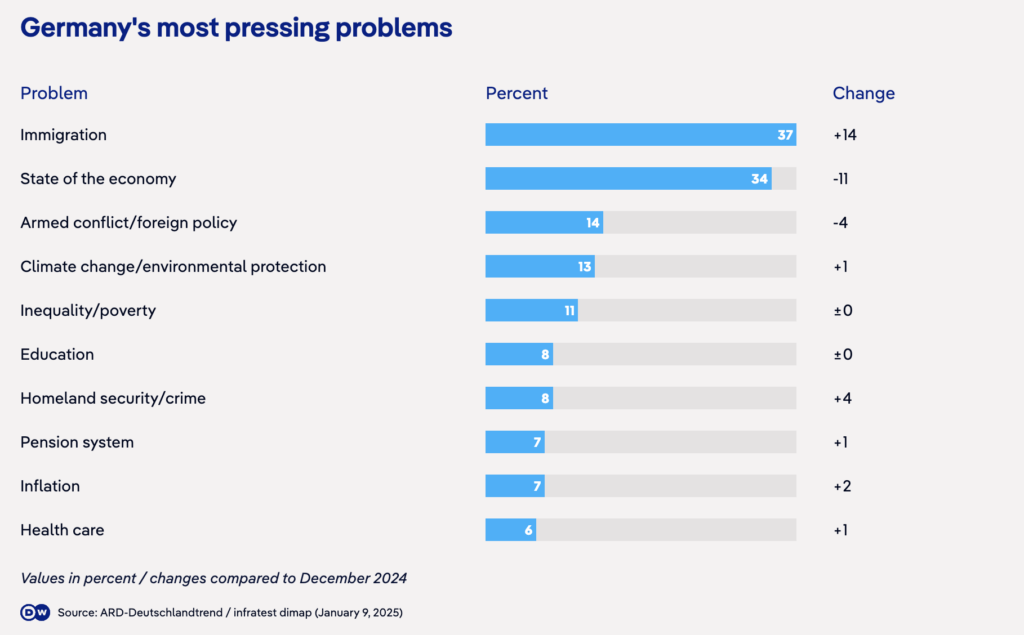Brussels—Now X is also involved in the German election campaign, which is getting hotter and hotter. With just two weeks to go until the fateful date of Feb. 23, the German judiciary is demanding immediate access to some electorally sensitive data from the platform owned by Elon Musk. Meanwhile, the billionaire right-hand man of Donald Trump has explicitly endorsed the pro-Russian ultra-right AfD.
Musk’s activism
For months, concerns about the integrity of the democratic process have continued to mount in Germany in the run-up to the early elections on Feb. 23, especially regarding the content disseminated on social platforms. Starting with X, owned by Elon Musk, the richest man on the planet, who is playing a crucial role in the new star-studded administration led by Donald Trump.
In what is undoubtedly the most eventful election campaign in many decades to date, he has already burst into German politics by publicly incensing Alice Weidel—co-leader, along with Tino Chrupalla of the post-Nazi, pro-Russian and xenophobic ultra-right of Alternative für Deutschland (AfD)—on at least two occasions, moreover after performing what seemed to be a (double) Nazi salute at the inauguration ceremony of the 47th US president.

First, there was a direct confrontation right on X, during which the South African billionaire said clearly and categorically that “only the AfD can save Germany.” Then, Musk made a surprise live connection at the launch event of Weidel & Co.‘s election campaign, arguing, among other things, that in Germany, “you focus too much on the guilt of the past” and that “you need to move beyond that.” The AfD is currently the second party in the polls, with a stable support of around 20 per cent for months.
The Court’s ruling
The latest episode involving Trump’s new right-hand man dates back to Feb. 6, when the Berlin District Court ruled that X must “immediately” release information that would allow researchers to study and track the spread of political disinformation regarding the German election campaign.
The ruling came in response to an urgent request filed by two civil rights organizations—the Gesellschaft für Freiheitsrechte (GFF) and Democracy Reporting International (DRI)—actively tracking misinformation ahead of the imminent ballot box date.
We took @X to court. And we won! ⚖️
The courts ruled that X must urgently grant us access to their publicly available data via their API.
This access is critical for our analysis of online public discourse ahead of the upcoming German elections.
Here’s what’s happened 1/3 pic.twitter.com/oPVkFHrJeo
— Democracy Reporting International (@DemocracyR) February 7, 2025
According to the two groups, X has allegedly prevented researchers from monitoring and tracking potential election interference by denying access to data related to user engagement with content on the platform. If established, this behaviour would violate current European legislation, namely the Digital Services Act (DSA), which regulates the performance of online service providers, such as social networks.
From X to Tesla
Foreign interference in the electoral processes of EU member states is, after all, an extremely hot topic at this historical stage. This is especially true after Romania’s Constitutional Court resoundingly annulled the first round of the presidential elections, in which the independent candidate Călin Georgescu allegedly benefited from a Russian influence campaign, active mainly on TikTok (which has come under investigation by the EU executive).
However, Musk’s other core business is also doing rather poorly these days on the Old Continent. Tesla’s sales in Germany, where the company’s only European gigafactory is located (whose expansion plans have unleashed wide protests last summer), have declined by nearly 60 per cent year-on-year in January alone. A vertical drop that some attribute to the South African billionaire’s pro-AfD political activism, while others speculate may have to do with the imminent market launch of the new Model Y.
The political debate
Be that as it may, what is beyond dispute is that the temperature of political debate in Germany has soared in recent weeks, a relatively unusual development for a country whose ruling class has traditionally gone to great lengths to reassure voters and avoid drastic stances.

The point of no return, at the level of political dialectics, was reached at the end of January when the leader of the Christian Democratic Union (CDU/CSU) and likely future federal chancellor, Friedrich Merz, attempted (unsuccessfully) to get the Bundestag to pass with AfD votes a bill providing for a crackdown on irregular immigration, after having the Chamber adopt some non-binding texts on the subject a few days earlier precisely with the support of the ultra-right.
Merz has been accused from many quarters (including by former Chancellor Angela Merkel, his party partner) of breaking the octogenarian tradition of the Brandmauer, the cordon sanitaire that has prevented the far-right from approaching power since World War II. When hundreds of thousands of demonstrators mobilised to protest against the CDU’s “flirtation” with the ultra-right, the Christian Democratic leader found nothing better to do than brand his fellow citizens with “hypocrisy” (because, he says, they would not have demonstrated with the same ardour in opposition to anti-Semitism).
Thus, in the first and last televised debate aired yesterday (Feb. 9) between Merz and his main challenger, outgoing Social Democratic Chancellor Olaf Scholz, the confrontation erupted into personal attacks and reciprocal accusations, mainly on the issues of immigration and the stagnant economy of the country, which has now been in recession for two years and whose industrial base is in deep crisis.

On the management of migration flows, both Merz’s Union and Scholz’s SPD have hardened their positions. Still, the Christian Democrats seem to be increasingly chasing the ultra-right as to intransigence toward irregular migrants, whom many in the CDU (as in the AfD) would like to reject at the borders in open violation of EU and international law.
English version by the Translation Service of Withub







